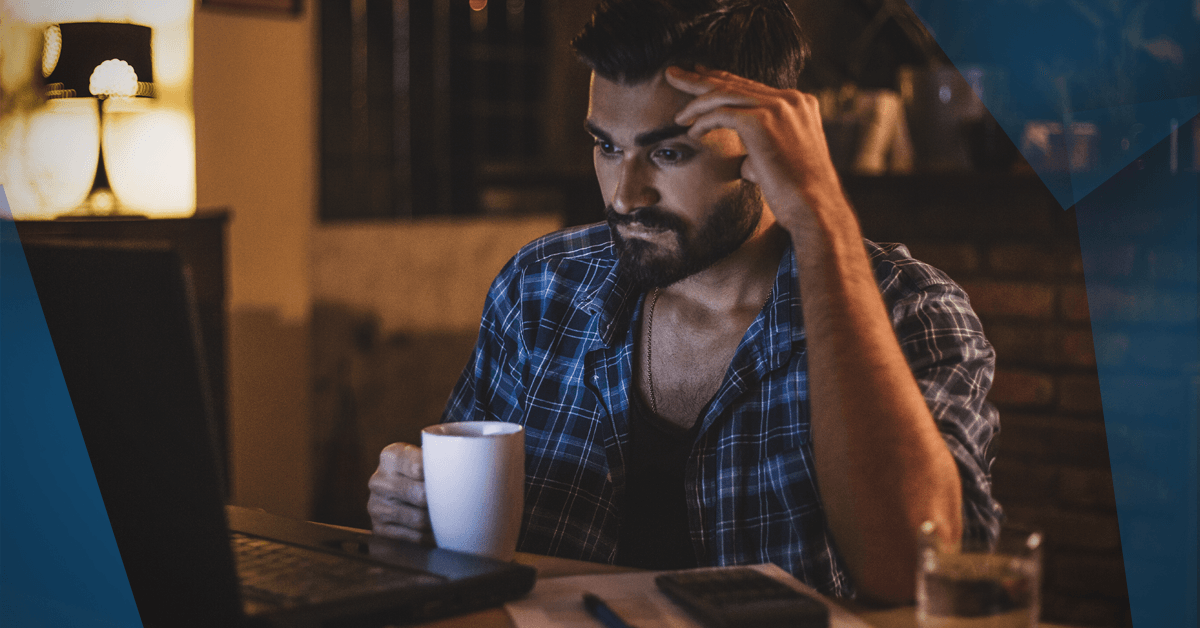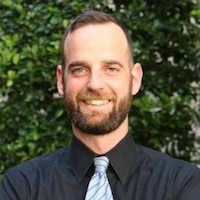Physical fitness depends heavily on three variables: diet, exercise, and sleep. As a sleep science coach, I teach my clients about the importance of one of those things—and that’s something fitness pros and I have in common.
After all, sleep is a crucial factor in training regimens. It affects not only workout performance but also diet. That’s because sleep plays a central role in maintaining the hunger hormones that regulate appetite and cravings.
In fact, sleep-deprived people tend to take in 385 more calories a day than well-rested folks, a 2016 review study found. At that rate, you could gain a pound every nine days, until your body adapted to the excess calories. In a separate study, adults who logged less than five hours of sleep a night drank 21 percent more soda than those who slept seven to eight.
READ ALSO: “Five Ways to Help Your Clients Lose Weight”
When you’re short on sleep, you’re more likely to injure yourself, get sick, and forget things. And it doesn’t exactly make you pleasant company either.
Now, you already know all this, and you probably share information like this with your clients. But I’m willing to bet that even while you’re lecturing clients about the importance of sleep, you’re doing so in a state of sleep deprivation.
Nearly every trainer and strength coach I know struggles to bank enough shut-eye. They’re so focused on helping others live healthy that they forget to take care of themselves too.
That’s why I came up with this guide specifically for fitness pros, aimed at helping them with their unique sleep challenges. Far as I can tell, here are the main reasons fitness pros suck at sleeping—and my suggestions for what to do about it.
1. You Pound Coffee (and Sometimes Booze)
Anyone who thinks fitness pros are teetotalers has probably never met one.
For many busy trainers, caffeine is a major food group to get through the day, and some of the heaviest drinkers I know are fitness pros.
You likely don’t need a study to tell you that caffeine can screw with your sleep, but here’s one anyway: In a small University of Colorado study a few years ago, researchers found that drinking caffeine at night may delay the human biological clock by 40 minutes—it literally messes with your body’s ability to recognize when it’s bedtime.
Caffeine binds to adenosine receptors in the brain, blocking the sleep-inducing actions of adenosine and causing you to feel more awake. (It may also trigger dopamine production, signaling the body to wake up, according to recent research on flies.)
Turning to caffeine when you need a boost can be tempting, but it’s also counterproductive: The wake-promoting effects disappear after just three days of sleep deprivation.
A better idea: Go outside. Exposure to sunlight can help suppress sleep-promoting hormones, waking you up. (If you can’t go outside, seek out bright light for a similar effect.)
Or try this fun trick: Keep some coffee beans on you and take a whiff whenever you need a pick-me-up—the aroma alone may help perk you up and won’t interfere with your sleep the way drinking coffee would.
Just be sure to restrict caffeine consumption to early in the day—drinking coffee as much as six hours before bed can still affect sleep quality, research has shown.
As for that nightcap, it may conk you out but there’s a tipping point where it can also wake you up. That’s because when your body is done processing the alcohol, it continues to expect the sedative that it’s no longer getting.
Plus, it’s a diuretic, says Dr. Pradeep Sahota, increasing the chances you’ll have to use the bathroom in the night.
Give your body time (one hour per drink) to metabolize the booze before bed.
2. You Work Crazy Hours
Many nine-to-fivers like to squeeze in an early workout. Good for them! But for you, that may mean waking up extra early so you can open your fitness facility by 4 or 5 a.m.
Fact is, many trainers work brutal hours to accommodate their clients.
Take Lisa Samuels, for example. A dietitian and founder of The Happie House yoga studio, Samuels often discusses sleep with her clients. Yet her 13-hour days don’t leave much time for her own shut-eye.
Then there’s Steven Mack, a trainer in Columbia, Missouri, who routinely discusses sleep with his clients, calling it the number-one thing that “puts money in the bank.” (The muscle bank, that is.)
But Mack’s schedule is rough too. He runs sessions from 5 a.m. to 6 p.m. and often gets just six hours of sleep a night, leaving him tired most days.
It’s easy to buy into the “time is money” mantra, and many fitness pros do—it’s a competitive industry, and you want to cram as many client sessions into the day as possible.
Luckily, I have a solution that won’t interfere with any of your sessions or with your bottom line: Take naps.
Fine, so it’s not exactly revolutionary, but it’s perfect for trainers, who typically put up with long days because they have long gaps between clients.
Clients want to be trained before or after work. They compete for slots early in the morning or late in the afternoon and into the evening. And there’s often a client or two around lunch.
Thus, trainers usually have dead time in mid-morning and mid-afternoon. If you’re going to nap, those are great times to do it. In fact, 2 p.m. may be the ideal nap time.
Try to find a quiet place without a lot of ambient noise—even if that means your car. A sleep mask and earplugs can help.
Nap for 20 minutes. Any longer and you risk waking up in the middle of the deep-sleep phase of your sleep cycle, making you groggy. An app like Sleep Genius can help guide you through the perfect power nap.
And try napping at the same time each day—you’ll train your body to expect it. Make it a recurring event on your calendar.
READ ALSO: “Five Lessons from 10 years of Personal Training”
3. You’re Afraid to Unplug
Now, I don’t have to tell you that using your phone or laptop before bed can interfere with sleep duration and sleep quality, leading to daytime grogginess and impaired health.
But you do it anyway, don’t you? Why? Because fitness pros want to be connected all the time, either to clients, or to social media, or both. A lot of them feel like their careers depend on it.
Maybe you’re counting on your mobile’s nighttime setting to save you. But that may be a mistake.
While nighttime apps like Apple’s Night Shift allow you to switch to a warmer, less wake-promoting light, their mitigating effects on poor sleep may be overblown.
What’s more, even though dampening blue light can help melatonin production, viewing stimulating content can still alert the brain, disrupting sleep.
Try this compromise: Put the phone away an hour before bed but pick it up first thing in the morning. The blue light will help rouse you, jumpstarting your internal clock so you’ll sleep better the following night. If you have workouts to type up, do that in the morning too.
READ ALSO: “Three Ways to Write Better Training Programs”
4. You Think You’re Superhuman
Spoiler: You’re not.
But to be fair, you’re hardly alone in assuming otherwise. Many high-powered types—CEOs, entrepreneurs—claim to thrive on five or fewer hours a night. Even President Donald Trump reportedly sleeps as little as four.
Maybe you have a slightly better margin for error than the general population. But if you think you can get by on just a few hours a night, you’re only kidding yourself.
For the most part, the idea of a "sleepless elite" is bogus, according to Dr. Matthew Walker, a neuroscientist at the University of California, Berkeley and one of the world’s leading sleep experts.
In fact, very few people can get by on short sleep. Less than 1 percent of the population can survive on six hours or less, Walker reported on a recent podcast.
Walker believes that the widespread lack of sleep “is one of the biggest public health challenges we face in the 21st century,” and that physicians should prescribe sleep the same way they do drugs.
What does a prescription for sleep look like? It starts with getting eight hours or more each night, or as close to it as you can. In fact, recent research out of Penn State University’s behavioral health department suggests eight hours may not be enough.
Bottom line: If you feel tired throughout the day, it’s a good sign you may need more sleep, or better-quality sleep.
A big part of this is prioritizing sleep, and that can be hard. Establishing a bedtime routine helps—take a hot shower, have a snack, do some dynamic stretching, even have sex. Anything to signal to your brain that it’s time for sleep. If all else fails, take a low dose of melatonin.
After all, even superheroes need their shut-eye.











